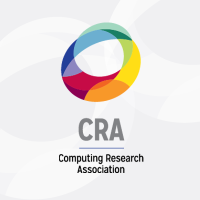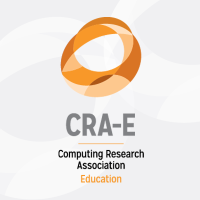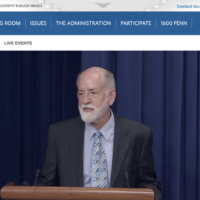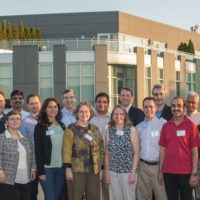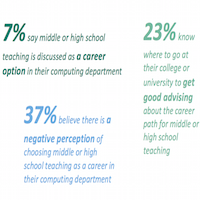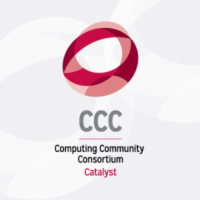2018 IBM Two-Year Worldwide PhD Fellowship
IBM is pleased to announce the 2018 IBM Two-Year Worldwide PhD Fellowship for the academic years of 2018-2019 and 2019-2020. Strong collaboration with faculty, students and universities is vital to IBM. The PhD Fellowship Program advances this collaboration by recognizing and supporting exceptional PhD students who want to make their mark in promising and disruptive technologies.


